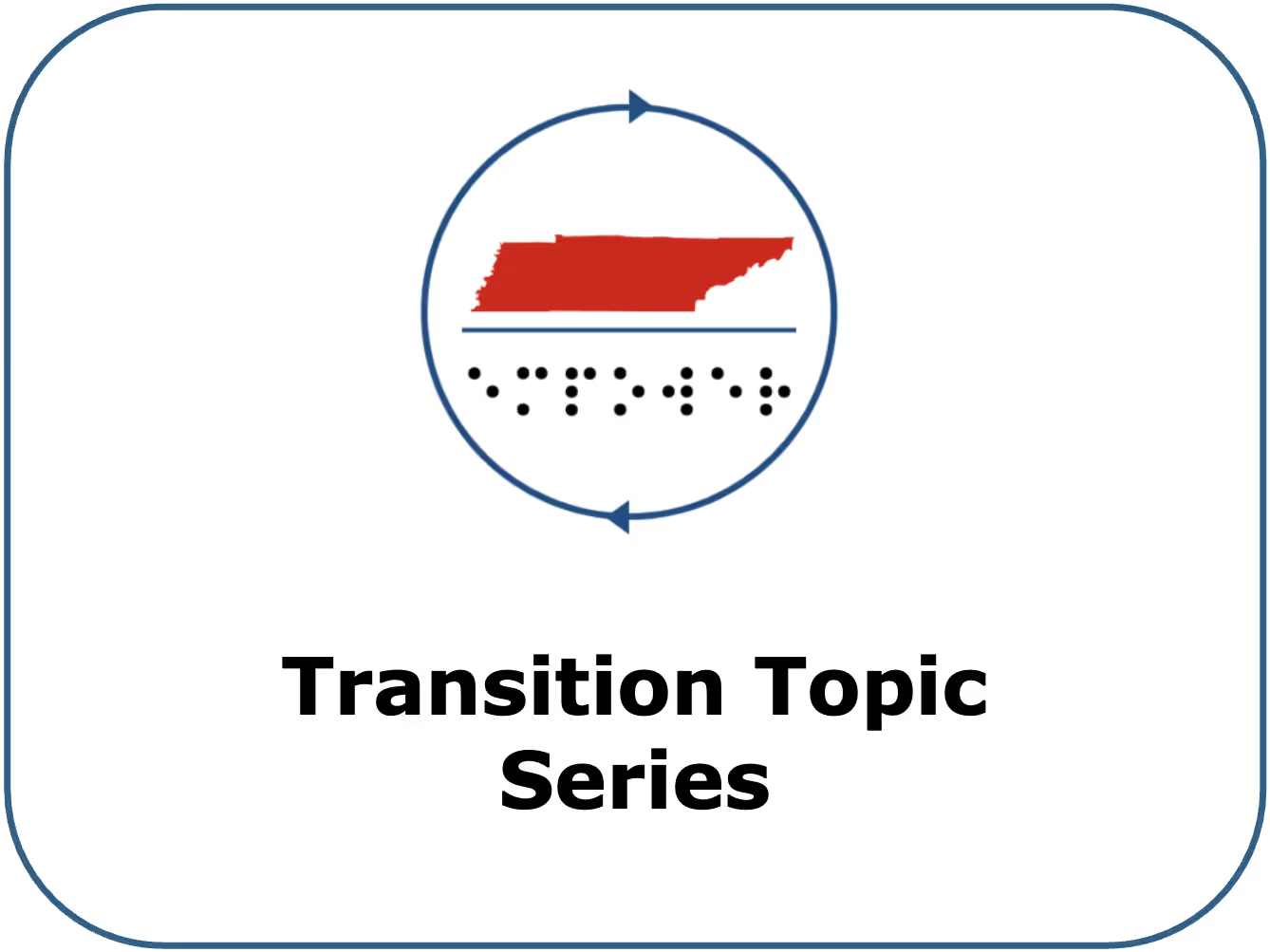Disability Disclosure Definitions Disability disclosure is when an individual with a disability tells someone else about their disability. It involves the individual with a disability sharing a personal detail about themself that may or may not be visible to others. Disclosing a disability can help others understand what kind of support or help a person with a disability needs. It’s a personal choice to disclose a disability, and it’s important because it can affect how someone learns, works, or interacts with others. It’s all about being open about your needs so you can get the right accommodations or adjustments to succeed.
Guiding Questions How do you feel about sharing your disability with others? What are some situations or environments where you may need to discuss your disability? Do you feel like you have a good understanding about your disability? Do you know what support or accommodations help you best? Do you understand what the law says about disability disclosure? Resources Disability Disclosure (askjan.org) This resource can help address questions like “Do I have an obligation to disclose?” “When is the right time?” “How much information does the employer need?” and “How will disclosing the information affect my employment?”
Youth, Disclosure, and the Workplace Why, When, What, and How | U.S. Department of Labor (dol.gov) This resource explains reasons for disclosure, when to disclose, how to disclose, and what to disclose.
Disclosing disability in college applications – Veronica with Four Eyes This resource discusses disability disclosure in higher education. It offers the perspective and experiences of Veronica Lewis, a person with low vision.
Disclosing Blindness/ Low Vision (aphconnectcenter.org) This resource discussed disability disclosure specifically for people who are blind or have low vision.




